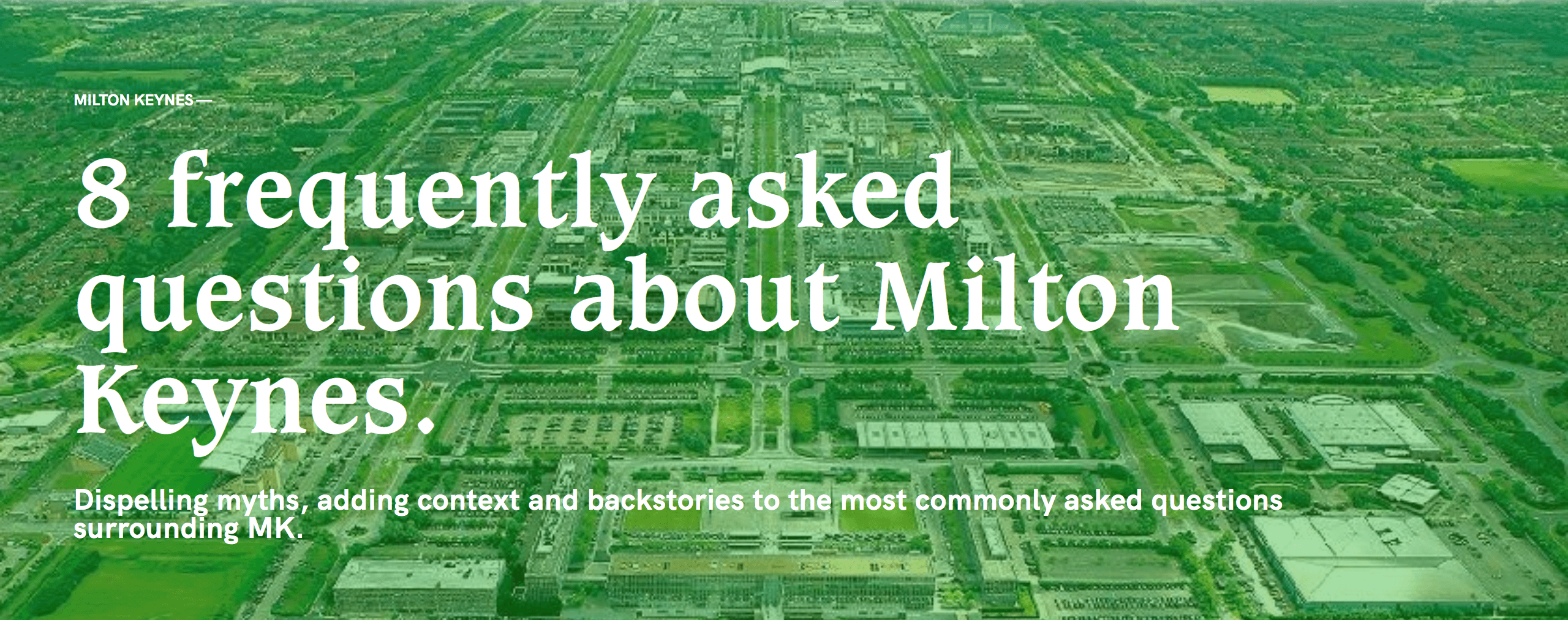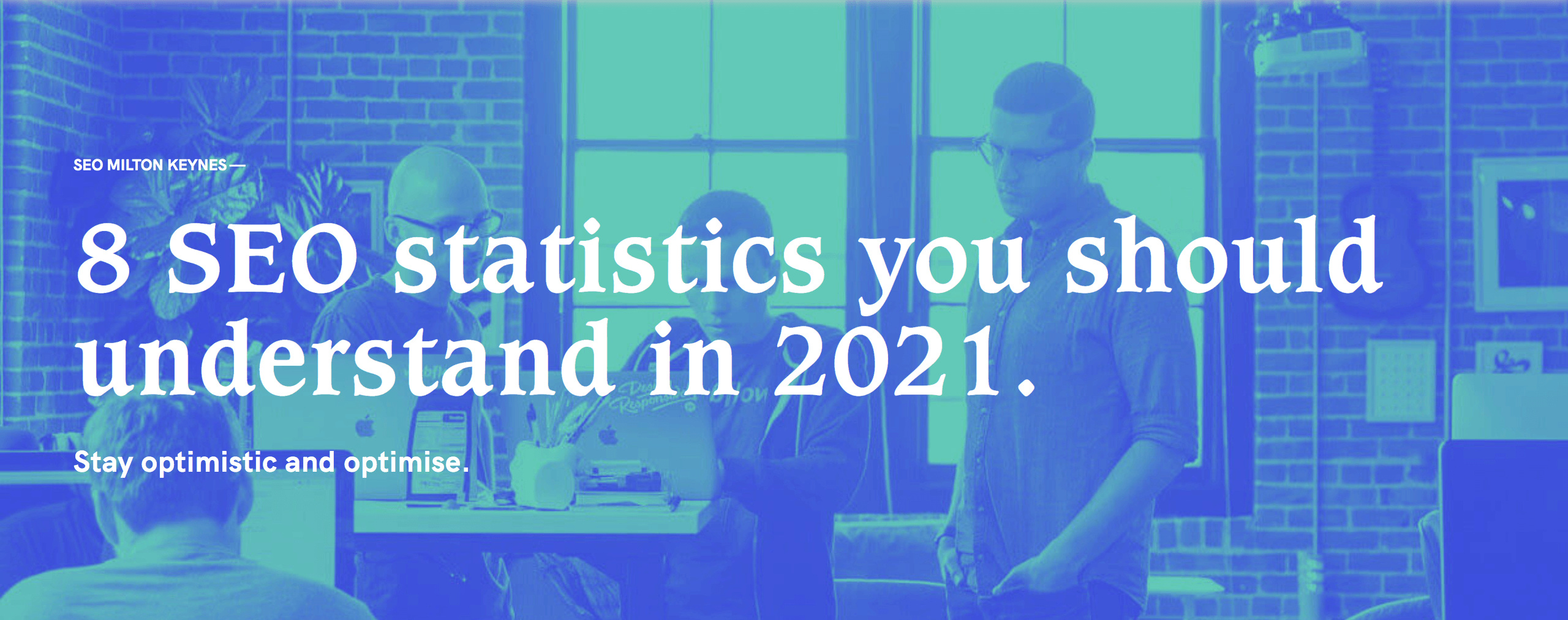Content marketing unmasked
The marriage of content marketing and SEO has proven to be a powerful union. While SEO (Search Engine Optimisation) focuses on improving a website's visibility in search engine results, content marketing revolves around creating and distributing valuable, relevant content to attract and engage a target audience. When these two strategies are integrated effectively, the results can be truly transformative.
In this guide, we will explore the symbiotic relationship between content marketing and SEO, offering insights on how to create valuable content that not only engages your audience but also ranks well in search engines.
The Synergy of Content Marketing and SEO
Understanding Content Marketing
Content marketing is a strategic approach to creating and distributing valuable content to attract and engage a specific target audience. This content can take various forms, including blog posts, articles, videos, infographics, podcasts, and more. The primary goal of content marketing is to provide value to the audience, establish brand authority, and nurture relationships that can lead to conversions.
The Role of SEO in Content Marketing
SEO, on the other hand, is the practice of optimising a website to improve its visibility in search engine results. A well-optimised website not only attracts more organic traffic but also ensures that the content is easily discoverable by search engine crawlers. By integrating SEO techniques into your content marketing strategy, you can maximise the reach and impact of your valuable content.
Need some support?
✔️ Improve your Google ranking
✔️ Understand your site performance
Creating Valuable Content
1. Know Your Audience
Understanding your target audience is the cornerstone of both content marketing and SEO. Research your audience's interests, needs, and pain points. This knowledge will guide your content creation process and ensure that you're addressing the right topics.
2. Keyword Research
Keyword research is fundamental to SEO. Identify keywords and phrases that are relevant to your content and align with user search intent. Tools like Google's Keyword Planner and SEMrush can help you find valuable keywords for your content.
3. High-Quality Content
Valuable content should be well-researched, informative, and well-written. Whether it's a blog post, video, or infographic, aim to provide your audience with useful and trustworthy information. High-quality content not only engages readers but also encourages sharing and backlinks.
4. User Intent
Create content that aligns with user intent. When someone searches for a specific keyword, they have a goal in mind. Your content should fulfil that goal, whether it's providing information, solving a problem, or offering a product or service.
5. Visual Content
Visual content, such as images, videos, and infographics, is highly engaging and can complement your written content. Use visuals to illustrate your points, make complex concepts more understandable, and enhance the user experience.
6. Long-Form Content
Long-form content, such as in-depth guides and comprehensive articles, tends to perform well in search results. It provides an opportunity to explore topics in depth, showcase expertise, and demonstrate authority.
7. Regular Updates
Content should be fresh and up-to-date. Regularly update existing content to ensure its relevance and accuracy. Search engines favour websites that provide timely and current information.
Integrating SEO into Content Marketing
1. Keyword Optimisation
Once you've conducted keyword research, incorporate these keywords naturally into your content. Place them in titles, headings, body text, and meta descriptions. However, avoid over-optimization or keyword stuffing, which can negatively impact your SEO.
2. Internal Linking
Use internal links to connect related content on your website. This not only improves user navigation but also helps search engine crawlers discover and index your content more efficiently.
3. Image Optimisation
Optimise images by using descriptive file names and alt text. Search engines can't "see" images, so providing this information helps them understand and index your visual content.
4. Mobile Optimisation
Ensure that your content is mobile-friendly. Google prioritises mobile-responsive websites in its rankings, so a seamless mobile experience is crucial.
5. Site Speed
Page loading speed is a ranking factor. Optimise your website's speed by compressing images, leveraging browser caching, and minimising code and scripts.
6. Schema Markup
Implement schema markup to provide structured data that enhances search engine understanding of your content. This can result in rich snippets in search results, making your content more attractive to users.
Measuring Success
Content marketing and SEO are data-driven practices, and it's essential to measure your efforts. Use tools like Google Analytics and Google Search Console to track metrics such as organic traffic, click-through rates, and keyword rankings. These insights can help you refine your strategies and create even more valuable content.
Conclusion
The partnership between content marketing and SEO is a powerful force that can drive your online presence to new heights. By creating valuable content that not only engages your audience but also adheres to SEO best practices, you can attract more organic traffic, build trust with your audience, and achieve higher search engine rankings.
Remember that success in content marketing and SEO is a journey, not a destination. Continuously adapt to evolving search algorithms, user preferences, and industry trends. By aligning your content with user intent, optimising it for search engines, and maintaining a focus on quality, you can harness the synergy of content marketing and SEO to achieve remarkable results in the digital landscape.
FULLTIME.digital build and optimise websites specific to your needs and your business. Want to get serious about your website?
Get in touch and talk to the team.


